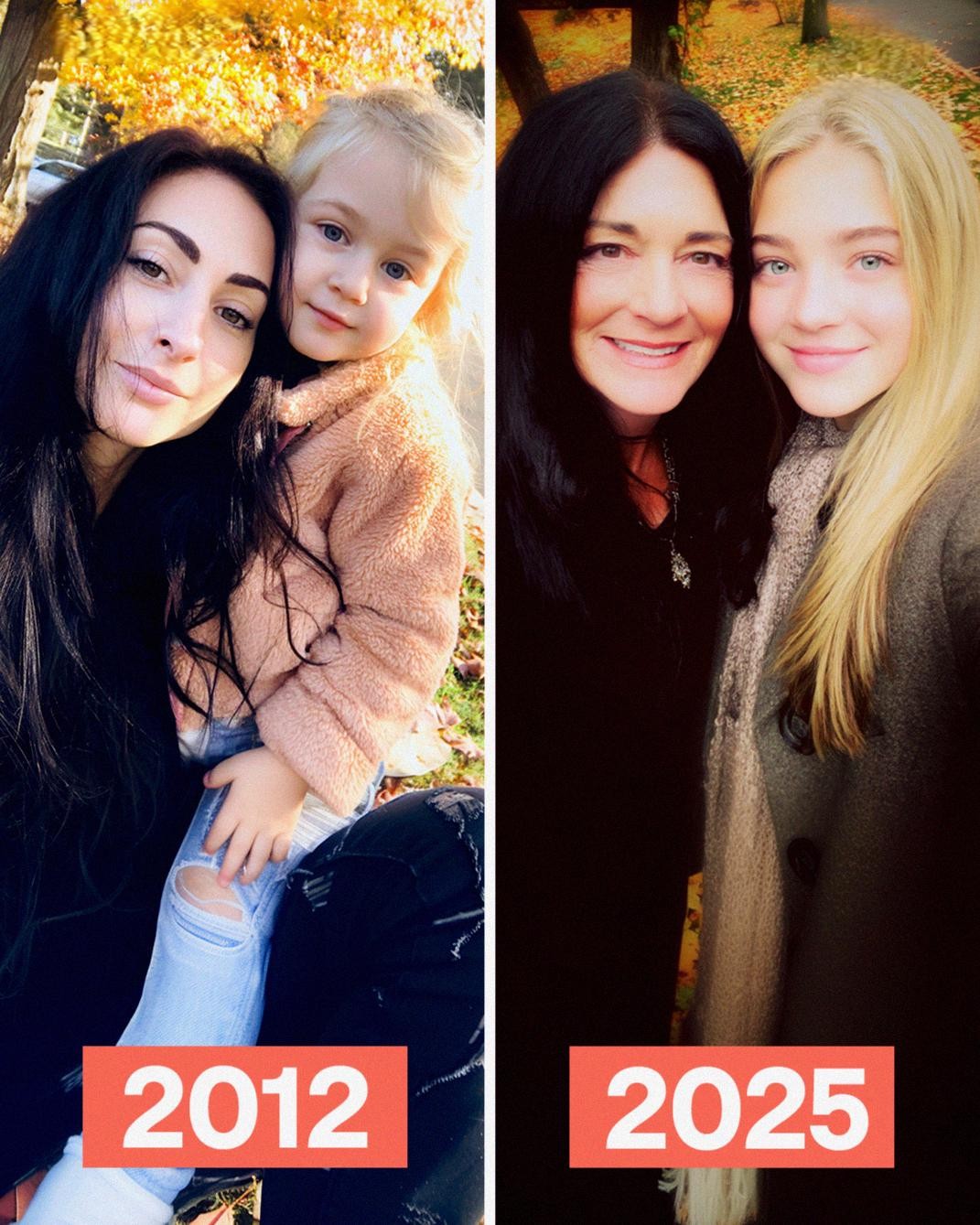I grew up in an orphanage, the kind where permanence doesn’t exist. Rooms change, caretakers change, friends get adopted, and you learn early to hold people lightly because everyone leaves eventually. Yet somehow, one person never did: Lila. We weren’t just friends—we were two kids clinging to each other in a place designed to feel temporary. We slept in the same metal-framed beds, whispered secrets under blankets after lights-out, and promised that when we aged out, we’d build the family we’d never had.
Eighteen came, and we left. Lila found work at a call center; I pulled overnight shifts at a diner. We rented a tiny studio, secondhand furniture, walls so thin we could hear the neighbors sneeze. It wasn’t much—but it was ours. For the first time, no one could tell us where to go or who could stay.
Three years later, everything changed. Lila came home at two a.m., pale and trembling. “I’m pregnant,” she said, standing frozen in the doorway. Jake, her boyfriend of four months, blocked her the next day. No family. No backup. Just me. So I went with her—to every appointment, every ultrasound, every sleepless, tear-streaked night. And when Miranda arrived—pink, furious, perfect—I held her hand in the delivery room, feeling a strange surge of hope in that tiny, new life.
For five years, the three of us carved out a life together. Lila worked long hours; I picked up extra shifts to make sure Miranda had what she needed. Birthdays were celebrated with dollar-store decorations and midnight cupcakes. Miranda called me “Aunt Anna,” falling asleep on my shoulder during movies. Against all odds, we were building the family we once only dreamed about.
Then, in a single, devastating moment, it all collapsed. Lila died instantly when a delivery truck ran a red light. Miranda was five. She cried until she couldn’t breathe, asking over and over when her mommy would come home.
Three days later, social services arrived. “No immediate family is available,” said a woman with a clipboard. “If no guardian steps forward, she’ll enter the foster system.”
“No,” I said immediately.
“Are you related?”
“I’m her godmother.”
“That’s not legal—”
“Then make it legal. I’ll adopt her.”
They scrutinized me like I was crazy, but I wasn’t. I had seen the alternative. I wouldn’t let Miranda fall into it.
Six months later, after paperwork, inspections, and court dates, the judge signed the papers. Miranda was officially mine. That night, I sat on her bed. “I’m not your birth mom,” I said, “but I’m your mom now. I’ll take care of you for the rest of your life—if you want that.”
“Forever?” she asked.
“Forever.”
And when she asked if she could call me “Mommy,” I cried harder than I had in court.
The years that followed were messy, beautiful, exhausting, and worth every second. Miranda grew, mourned, learned, rebelled, and became herself. We had nights swallowed by grief, mornings where I accidentally poured orange juice on her cereal, and we laughed until we cried. I held her through heartbreak, cheered at every play, and watched her discover her own strength.
By seventeen, she was taller, stronger, surer than I had ever been at that age. Part-time at a bookstore, singing show tunes while washing dishes, asking real questions about life, calling me “Mom” without hesitation. Every time, it landed in my heart like a gift.
Her eighteenth birthday came. I threw her a party—friends, neighbors, coworkers. Laughter, candles, photos. Later, folding laundry, she stood in the doorway. “Mom? Can we talk?”
I felt a flutter of unease.
She handed me an envelope. Inside was a letter, filled with words too big for speech. She had watched me sacrifice jobs, trips, relationships, sleep—everything—to make sure she never felt abandoned. And now she wanted to give back. Something big enough to matter.
With her inheritance, she had booked a two-month trip through Mexico and Brazil—the places I always said I’d visit “someday.” Hotels, flights, tours, even basic Spanish and Portuguese.
“That’s why you need to pack,” she wrote. “Not because I want you gone… but because I want you to finally live.”
I looked up. She was filming my reaction, tears running down her cheeks. “Surprise,” she whispered.
I broke—not from pain, but from the realization that the little girl who had clung to me at five had grown into a woman capable of choosing love as fiercely as I once chose her.
We traveled. Walked through markets, swam in hidden pools, ate food that made us cry, danced until sunrise, and sat on beaches talking about the past, the future, and the strange, unpredictable way life builds families from thin air.
One night, under a sky of stars, she asked, “Do you think my mom would be happy?”
“Yes,” I said. “I think she’d be proud of both of us.”
And for the first time, I truly understood: family isn’t defined by blood, birth, or circumstance. It’s defined by choice. By sacrifice. By the stubborn, loving act of staying.
To anyone raising a child who didn’t come from you: love freely built is just as real—maybe even stronger.
And to the little girl who became my whole world—thank you for choosing me back.
